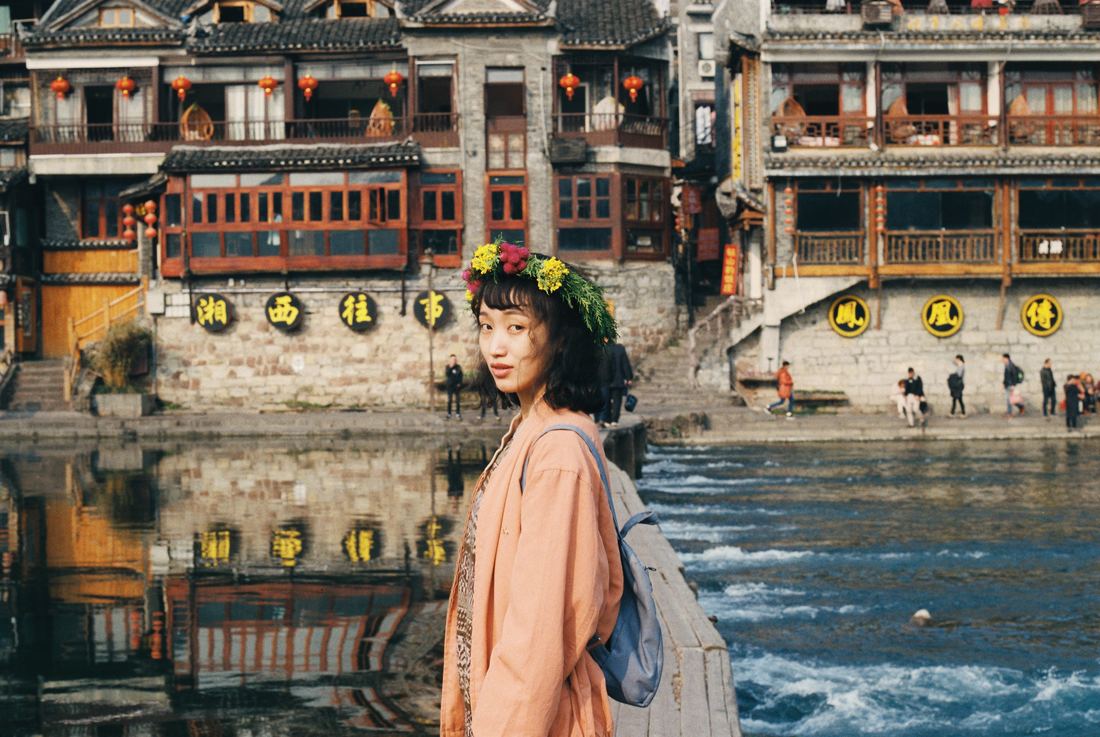|
I was thinking of home when I first learned about supercities. What feels like home to you? Do you feel a certain civic pride? In this nebulous landscape of ever-shifting political boundaries, is home a state or a nation, or is a racial or a religious pride, or a regional one, based not on the lines we draw but on a shared natural or cultural beauty? Imagine if a group had the power to take your home and redefine it, to give it a new name, assess its worth and potential, and redesign its map, structure, and systems. In the long dance of history, this has happened many, many times, and it's happening again, now, in China.
The Chinese government recently announced their intention to move forward with a long-term urban development strategy they've been considering for years. The plan will foster the rise of enormous economic regions called supercities, anchored around large central urban cores like Hong Kong; Shanghai; or Beijing, and encompassing a number of surrounding, smaller cities. Kind of like a county, but WAY bigger than any county you've ever seen or heard of. By the year 2030, China's nineteen planned supercities will be connected by 26 high-speed train routes. There's a possibility that governance models would shift to mirror the supercities. Many urban planners and economists predict supercities could transform China into the wealthiest, most productive country in the world. To explore the context of a supercity, I interviewed Vivek Shandas, an urban studies and planning professor, fellow of the Institute for Sustainable Solutions; and founder of the Sustainable Urban Places Research Lab. “If our intent though is to create identities, cultural identities of people who share a common vision and share a common interest in seeing a place thrive in their own way…a supercity may be difficult. What would it mean for a community to maximize for happiness? What would it mean to really authentically think about people's self-identified state of wellbeing? That would include health, how well your physical body is, how well your mental body is, how well your spiritual body is, your community or family or whatever you identify with as your group, your kin — how intact is that? What if we were to think about happiness indexes that were about our human health and wellbeing, in the broad sense, and maximize towards that?" You can hear our full conversation here. Check out Vivek's work here.
1 Comment
Our second variety show was bigger and (arguably) even better than our first! We kicked off the evening with another great set from musician Maiah Wynne.
Filmmaker Anna Weltner showed a moving new short film about a local textile artist who designs erotic quilts to heal herself from trauma. Dancer Nicole and her troupe of dancing ladies performed a jazz dance number. Comedian Laura Anne Whitley gave a set of hilarious jokes that had the audience cracking up. Healer Clara Parnell gave a lecture on how to care for your spine, and she demonstrated exercises and stretches to do to avoid back pain. Illustrator Mali Fischer showcased the prints, shirts, stickers, and mugs she's been drawing recently. Poet Ariel Kusby read a few new poems from her upcoming collection. Personal trainer Beck Beverage gave a lecture about embodiment, movement, and how to feel at home in your own body. Eco-friendly living coach Chloe Lepeltier gave a lecture about how to reduce waste in your home, create less trash, and use less plastic. Chef Margaux Muller did a mini live cooking show where she taught everyone how to make raw vegan desserts for the summer. We ate all of her treats, and they were pretty delicious. We might have squabbled over leftovers. |
Archives
May 2022
Categories |
